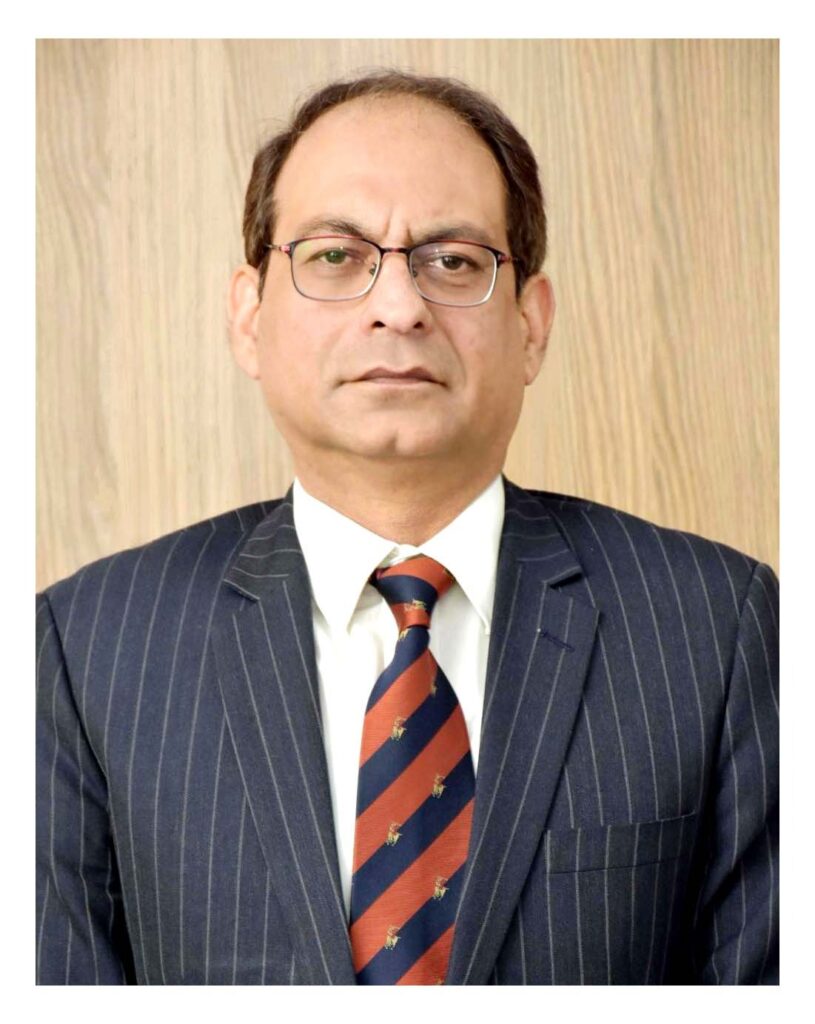RAWALAKOT -UNS: The Department of International Relations, University of Poonch Rawalakot, led by Dr. Uzma Munshi, organized a high-level panel discussion titled “Pakistan’s Deterrence and Diplomacy: Responding to Indian Aggression in a Changing South Asia” Thursday at UPR main campus. The event brought together scholars, defense analysts, faculty members, and students to explore the strategic and diplomatic dimensions of Pakistan’s response to recent Indian hostilities.
Dr. Uzma Munshi, Head of the Department of International Relations, opened the session by welcoming the distinguished guests and participants. She emphasized the importance of academic discourse in shaping informed national narratives.
The session was graced by Rawalakot Sector Commander as the chief guest and keynote speaker. In his detailed remarks, he explained the objectives of Operation Bunyanun Marsoos, launched in response to India’s unprovoked aggression across the Line of Control (LoC). He emphasized that the operation not only reinforced Pakistan’s deterrence capability but also exposed the futility of India’s militarized approach toward the region.
Commander praised the unmatched courage of the people of Poonch, particularly those residing in border areas, for their steadfastness in the face of constant threats. He also shed light on the historic struggle of the people of Poonch against Indian occupation as the true custodians of the Kashmiri freedom movement. He stated that Pakistan’s forces had inflicted a significant cost on Indian military assets, sending a strong message that any attempts to violate Pakistan’s sovereignty would be met with a firm and calculated response.
Prominent speakers included Prof. Dr. Qandeel Abbas of Quaid-i-Azam University, who provided an in-depth analysis of India’s evolving security doctrine and its implications for regional stability. He emphasized the need for robust diplomatic engagement alongside credible military preparedness.
Prof. Dr. Muhammad Khan of International Islamic University, Islamabad, highlighted the re-emergence of the Kashmir issue on international platforms and urged policy coherence in Pakistan’s regional diplomacy. He called for a sustained narrative that keeps Kashmir central to Pakistan’s foreign policy agenda.
Col. (Retd.) Sardar Sheraz offered a strategic assessment of the operational challenges along the LoC and the military calculus behind Pakistan’s response. He underscored the importance of civil-military synergy in countering hybrid threats and defending national interests.
Dr. Imran Hayat, Dean, Faculty of Social Sciences while delivering the opening remarks appreciated the initiative of the Department of International Relations for organizing the event. He remarked that such academic platforms are crucial for generating informed debate on national security and foreign policy, particularly for students and young scholars.
In the closing session, Registrar Abdul Rauf Khan delivered the vote of thanks. He paid special tribute to the armed forces of Pakistan and lauded their decisive role during Operation Bunyanun Marsoos. He acknowledged the professionalism and strategic resolve of the military leadership, praising their commitment to safeguarding national sovereignty and countering Indian hegemonic designs. He also appreciated the efforts of the faculty, students, and administration in successfully organizing the event.




